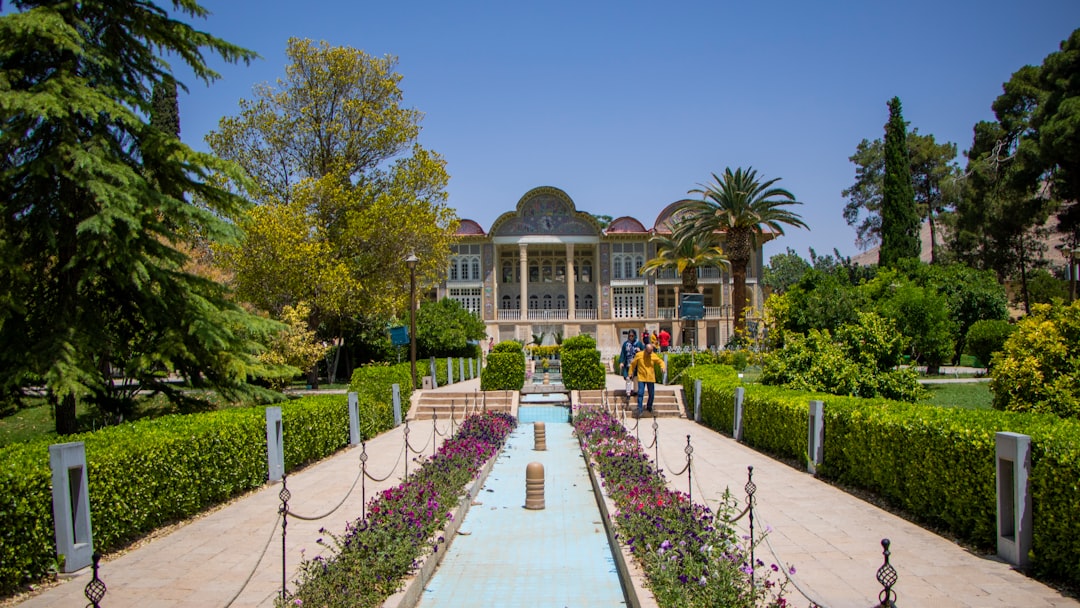Saadi of Shiraz (c. 1210–1291) crafted Golestan (The Rose Garden) around 1258 CE as a masterful blend of prose and verse, delivering timeless moral observations, social commentary, and practical advice. Structured into eight chapters, Golestan offers a feast of anecdotes, aphorisms, and poetic quatrains that illuminate the virtues and vices of human nature—and guide readers toward ethical living, sound judgment, and social harmony.
1. The Artful Structure of Golestan
Golestan unfolds over eight chapters, each centered on a theme of moral or social importance:
-
The Manners of Kings
-
On the Morals of Dervishes
-
On the Excellence of Contentment
-
On the Benefits of Silence
-
On Love and Youth
-
On Weakness and Old Age
-
On the Effects of Education
-
On Rules for Conduct in Life
Within each chapter, Saadi intersperses:
-
Prose narratives—short, engaging stories spotlighting folly or wisdom.
-
Poetic verses—rouba‘i (quatrains) that underscore the moral of each tale with lyrical resonance.
This interplay keeps the reader both entertained and enlightened, ensuring each lesson resonates on intellectual and emotional levels.
2. Key Themes and Timeless Lessons
A. Leadership and Justice
“King’s glory lies in justice; subject’s happiness springs from it.”
Saadi cautions rulers to balance mercy and firmness, to consult wise advisers, and to remember that the welfare of the people determines the legitimacy of sovereignty.
B. The Virtue of Contentment
“He who is content with little, the world is enough for him.”
Through anecdotes of wealthy yet unhappy courtiers and humble but joyful ascetics, Golestan shows that inner peace arises from gratitude, not material abundance.
C. The Power of Speech and Silence
“Speech is silver, silence is golden.”
Saadi warns that reckless words can destroy reputations and relationships, while prudent silence preserves dignity and opens the door to thoughtful action.
D. Compassion and Generosity
“If you have no bread, friend, sell your cloak and feed your brother.”
Stories of beggars and benefactors illustrate that generosity fosters social bonds and spiritual growth far more rewarding than hoarding wealth.
E. Education and Self‑Improvement
“He who seeks pearls must dive deep.”
Saadi extols lifelong learning—through books, travel, and dialogue—as the surest path to wisdom, encouraging readers to remain humble and teachable.
3. Illustrative Anecdotes
The Astrologer’s Folly
An astrologer predicts an eclipse that never comes. Public faith in his craft turns to scorn—reminding us that empty theories without practical grounding invite ruin.
The Dervish and the King
A king offers riches to a contented dervish, who politely declines. The king learns that true wealth lies in detachment and that gifts bestowed reluctantly lose their value.
The Cupbearer’s Rebuke
A wine‑taster warns his merciless king that tyranny is a bitter draught—teaching that those who serve authority must speak truthfully, even at personal risk, for the greater good.
4. Why Golestan Matters Today
-
Practical Ethics for Modern Life
Whether you’re a CEO, educator, or simply a friend, Saadi’s counsel on leadership, empathy, and integrity speaks across cultures and centuries. -
Concise, Memorable Wisdom
The pairing of short stories with quatrains makes Golestan’s teachings easy to recall—and fun to share in conversation or social media. -
Cultural Bridge
As one of the most translated works of classical Persian literature, Golestan provides non‑Persian readers with insights into the moral philosophy that shaped much of the Islamic Golden Age.
5. Tips for Reading and Reflecting
-
Read a Chapter a Day. Eight chapters naturally lend themselves to an eight‑day reflection practice.
-
Journal Your Reactions. Note which anecdotes resonate—and why—to personalize Saadi’s lessons.
-
Memorize a Quatrain. Commit one verse per week to memory, and revisit it when facing ethical dilemmas.
-
Discuss in Community. Host a “Golestan gathering” at work or among friends to explore how Saadi’s insights apply to contemporary challenges.
Conclusion
Saadi’s Golestan remains a treasure trove of practical wisdom, woven with poetic elegance. Its blend of engaging storytelling and pithy verse offers a mirror in which readers of any era can examine their values, refine their conduct, and cultivate compassion. By stepping into Saadi’s Rose Garden, we discover that moral beauty—like a rose—unfolds petal by petal, season after season, through mindful practice and heartfelt reflection.





